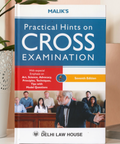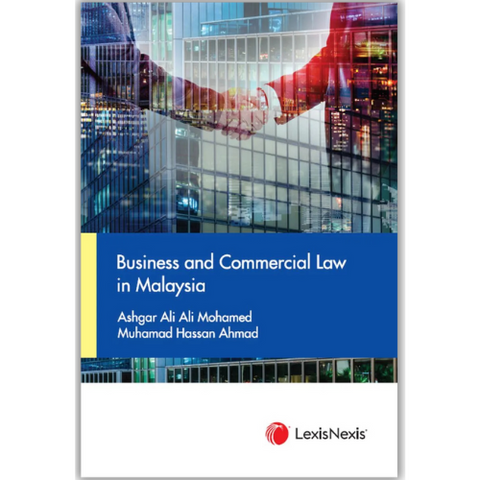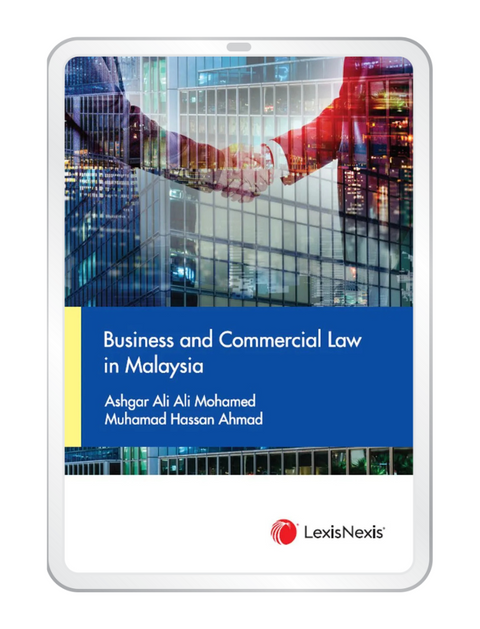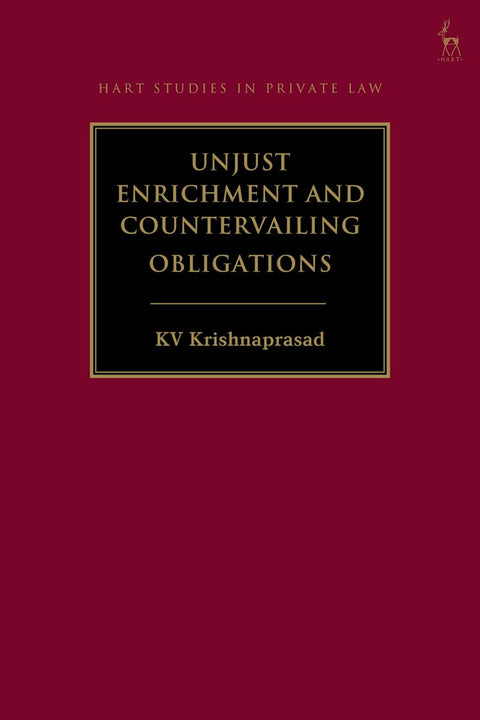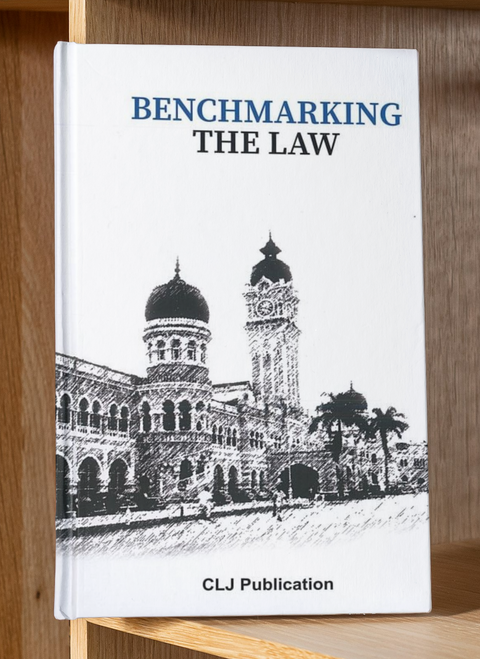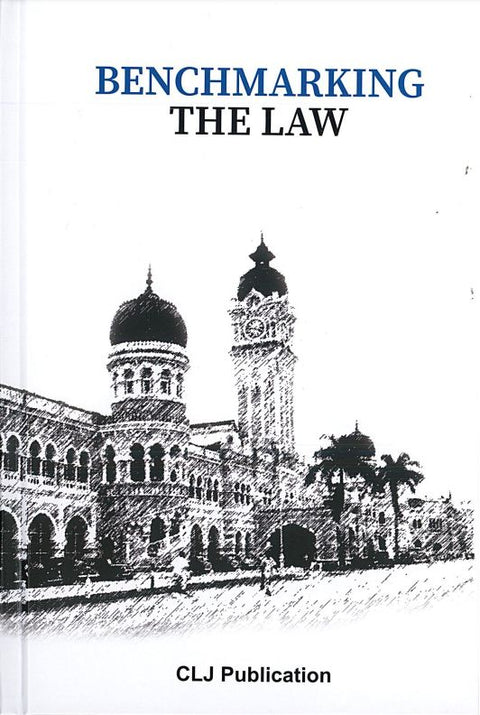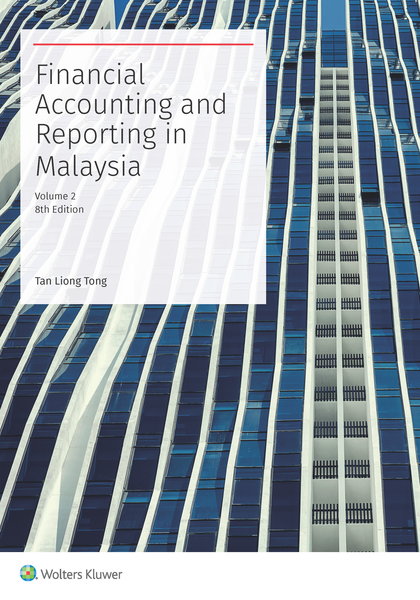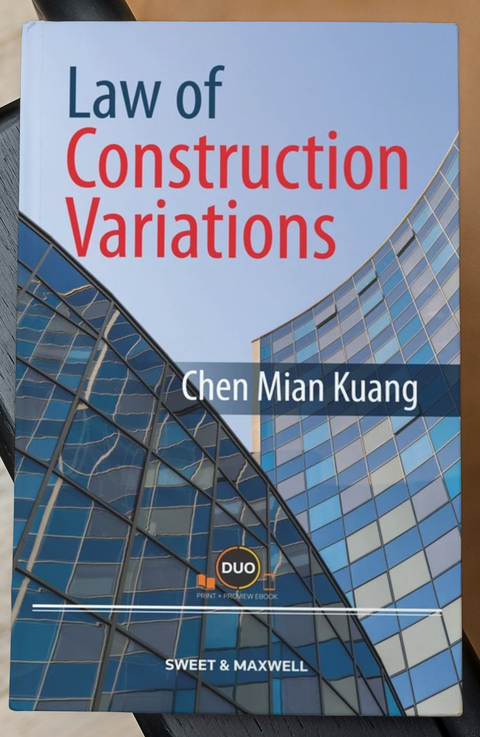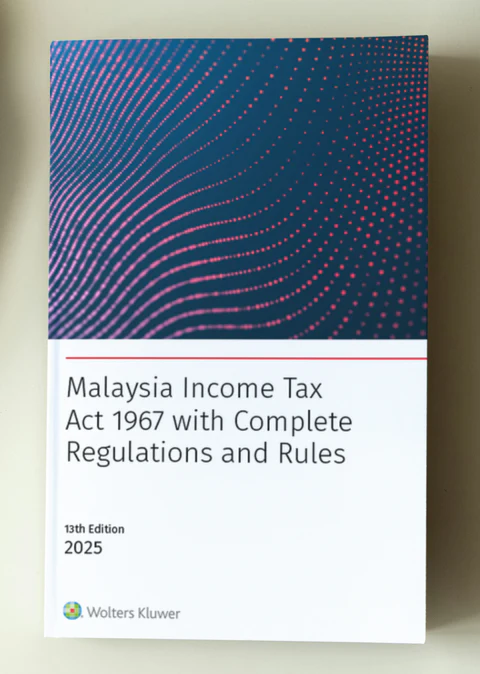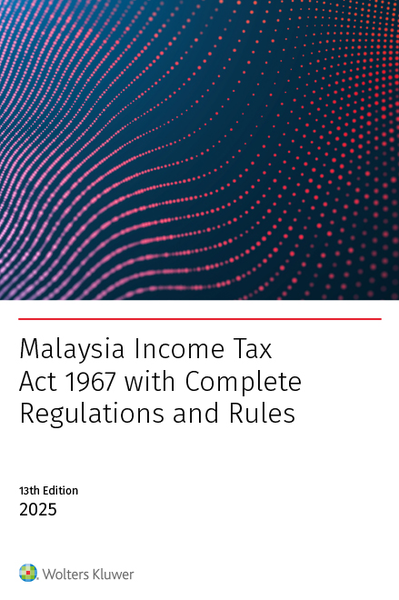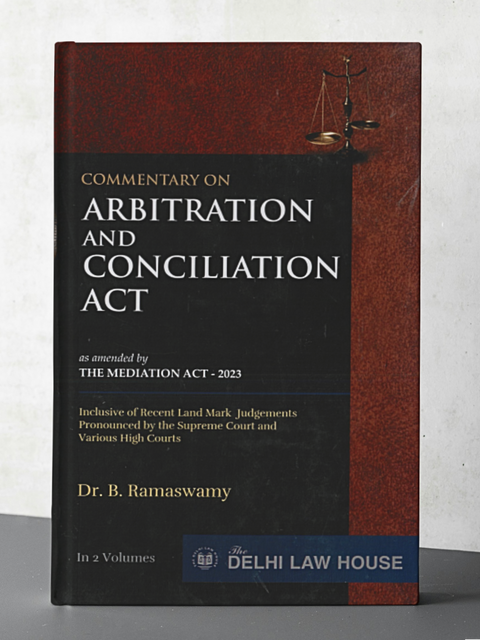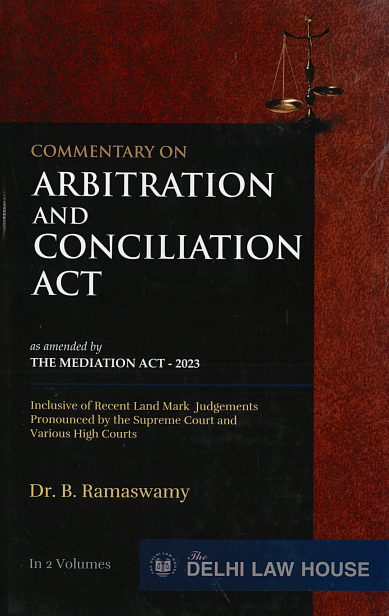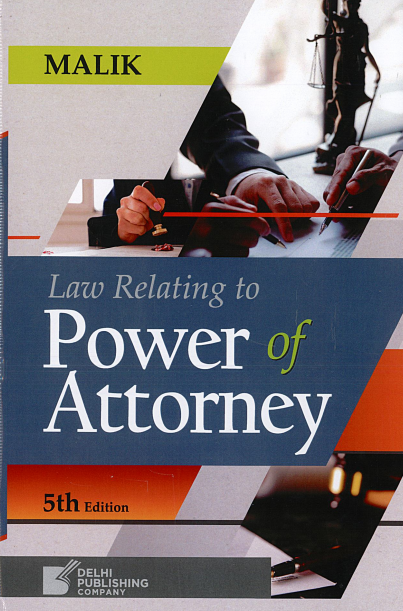




C. D. Fields : Law of Admissions & Confessions, 3rd Ed
C. D. Fields : Law of Admissions & Confessions, 3rd Ed
| Author | C. D. Field |
| Publication Date | 3rd Edition 2017 (Reprint 2024) |
| ISBN | 9789381308561 |
|
Format |
Hardcover |
| Publisher | Delhi Law House |
Since the terms "confession" and "admission" were introduced for evidentiary purposes, courts have consistently sought to distinguish between them. However, judicial opinions have often adhered rigidly to mechanical definitions. While clear and concise definitions serve a practical purpose in fostering understanding of specific human experiences, they can hinder imagination and disregard practical realities when divorced from actual facts and the various scenarios those facts present.
A confession is an out-of-court statement made by a suspect, voluntarily, knowingly, and intelligently admitting to committing or participating in a crime. It should clearly indicate that no legal defense justifies the suspect’s conduct. A confession pertains to the perpetrator’s involvement in an offense, whether as the main offender, co-offender, accomplice, or accessory. It is essentially an explicit acknowledgment of guilt in a criminal case, encompassing all elements necessary to establish the crime charged. In contrast, an admission is less comprehensive—it is a statement of relevant facts from which guilt may be inferred, contributing to the evidence but falling short of an outright confession.
Although drawing a sharp distinction between confessions and admissions is challenging, legal scholar Wigmore introduced a degree of flexibility in his definition. He described a confession as an express acknowledgment by the accused in a criminal case of the truth of the alleged guilty fact or an essential part of it. Statements acknowledging secondary facts unrelated to actual guilt would be classified as admissions rather than confessions. Admissions that carry incriminating weight and suggest guilt are treated as confessions, whereas other admissions unrelated to guilt remain outside the scope of confession rules. Wigmore’s expanded definition includes statements raising a reasonable inference of untrustworthiness within the purview of confession rules.
The classification of a statement as a "confession" or an "admission" can significantly influence its admissibility, particularly if it was made involuntarily. These distinctions also impact whether a preliminary hearing on voluntariness is warranted.
We have diligently updated the existing material and incorporated recent courtroom developments where appropriate. Additionally, a comprehensive Subject Index has been included for convenient reference.
Latest releases
Get your copy today!




